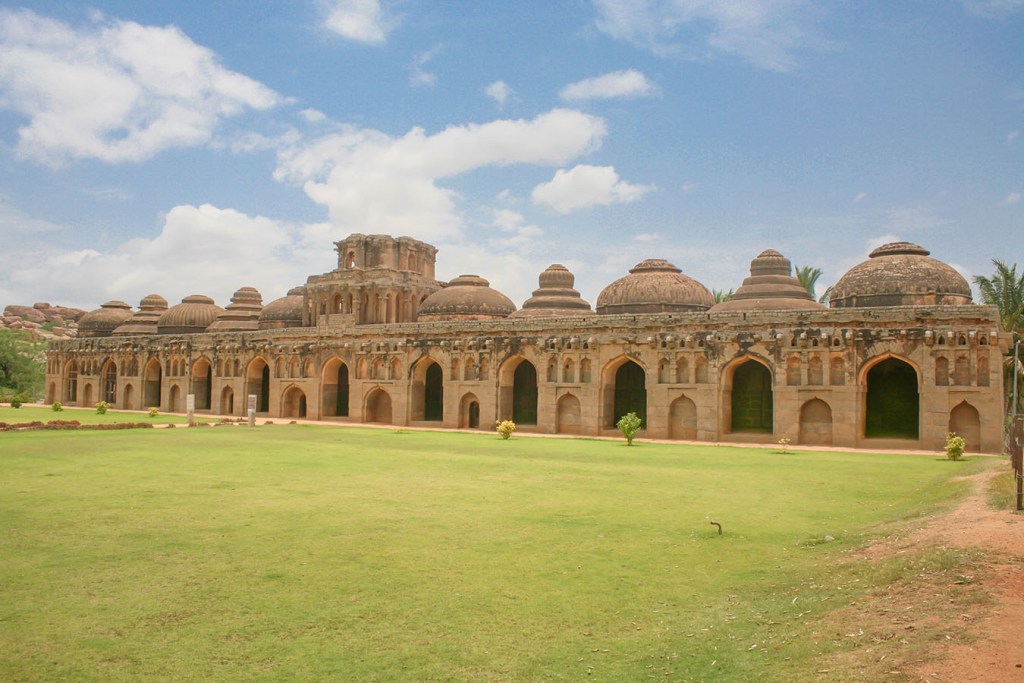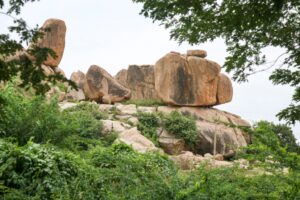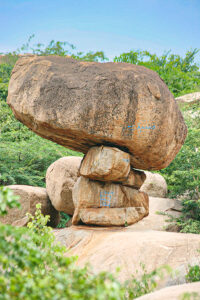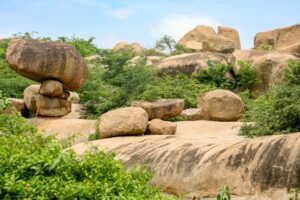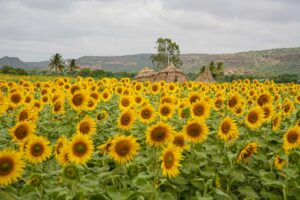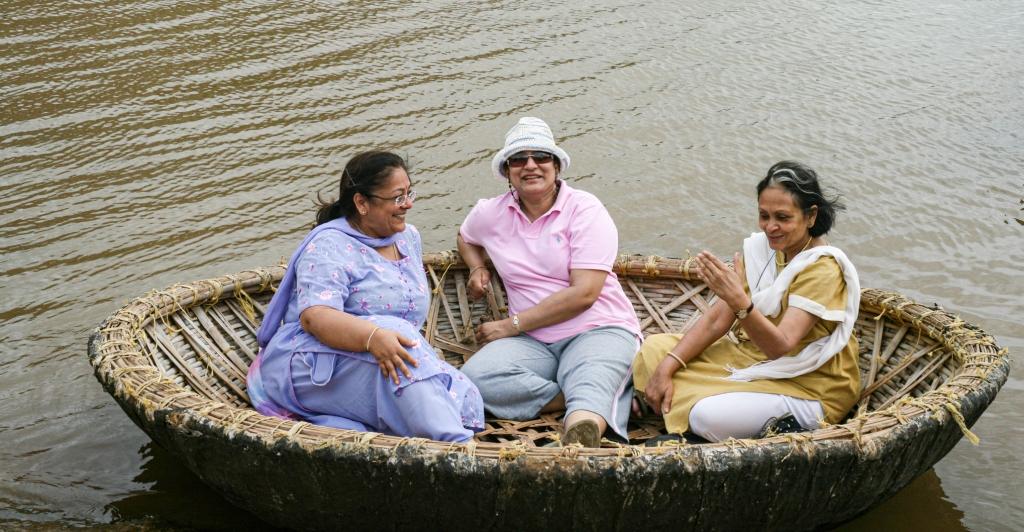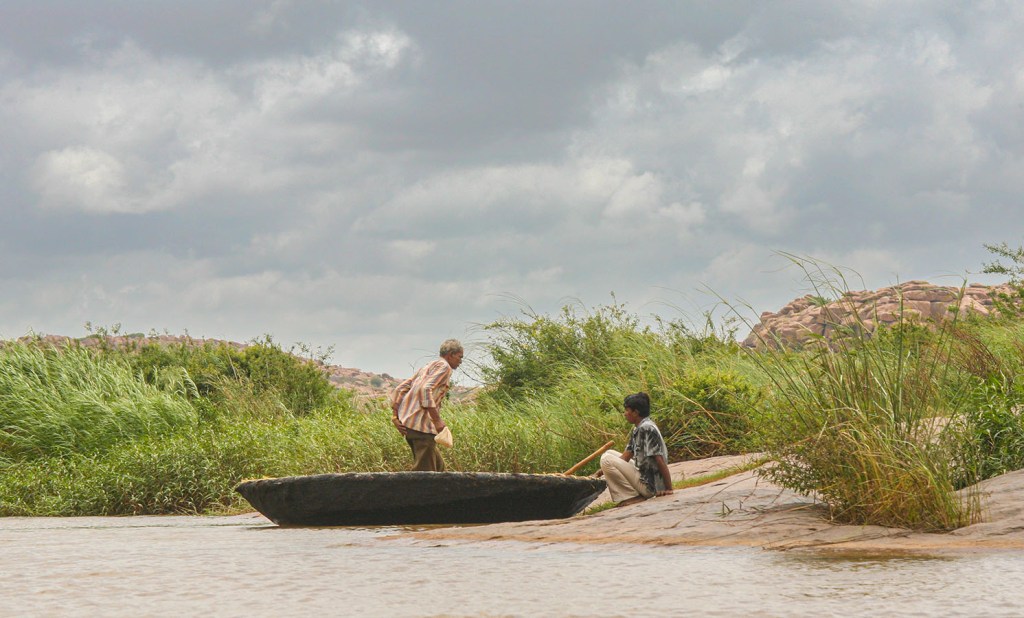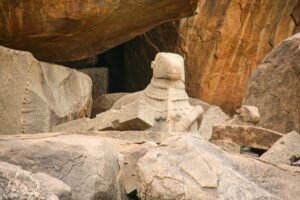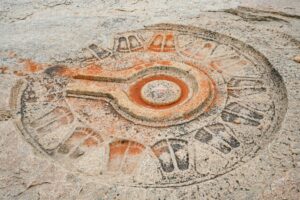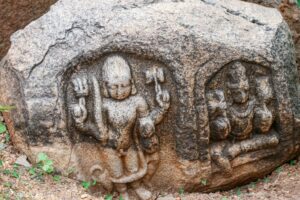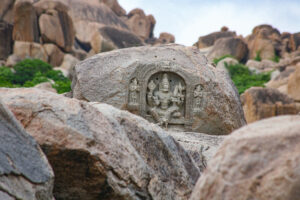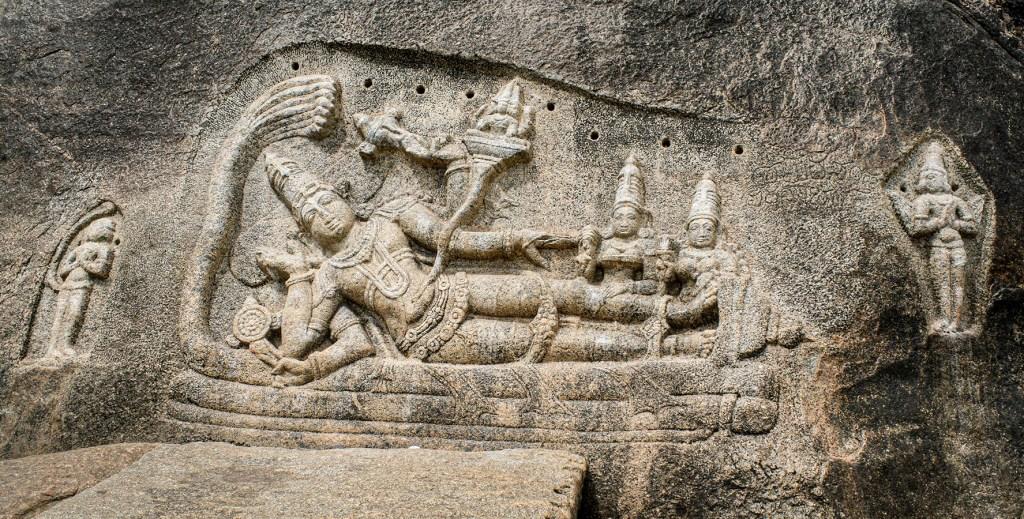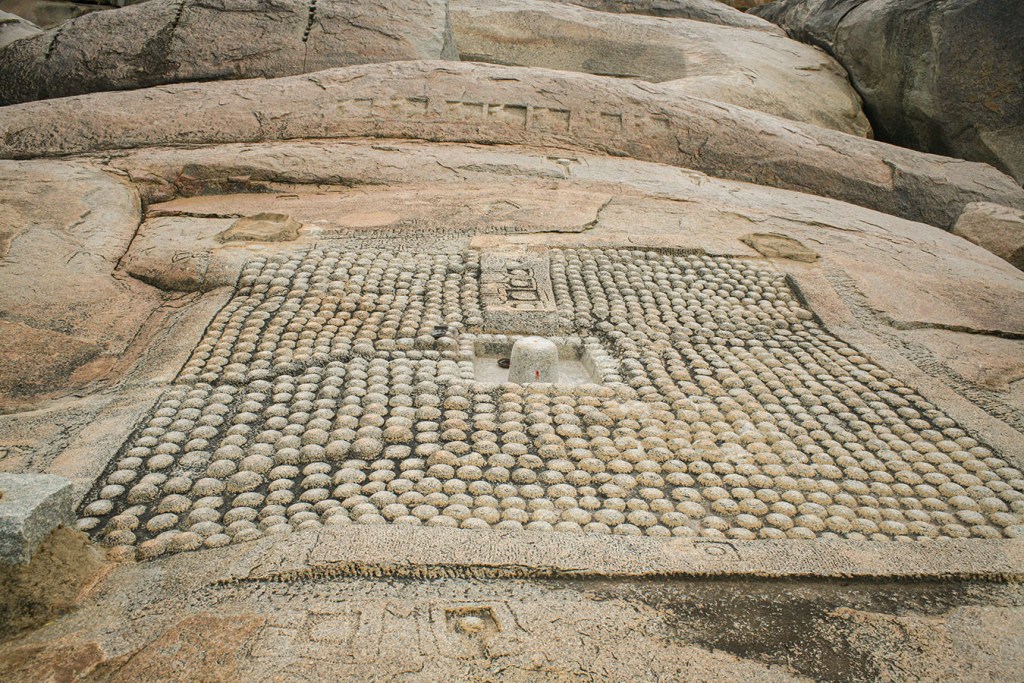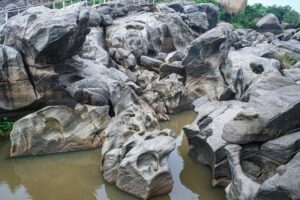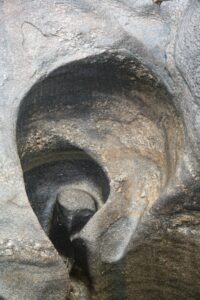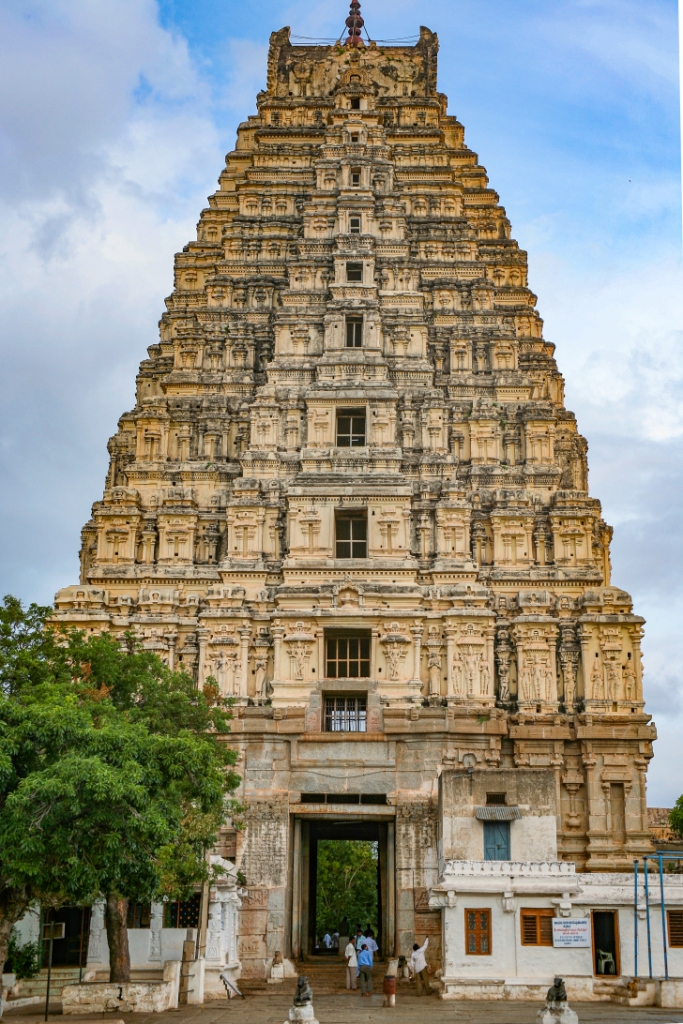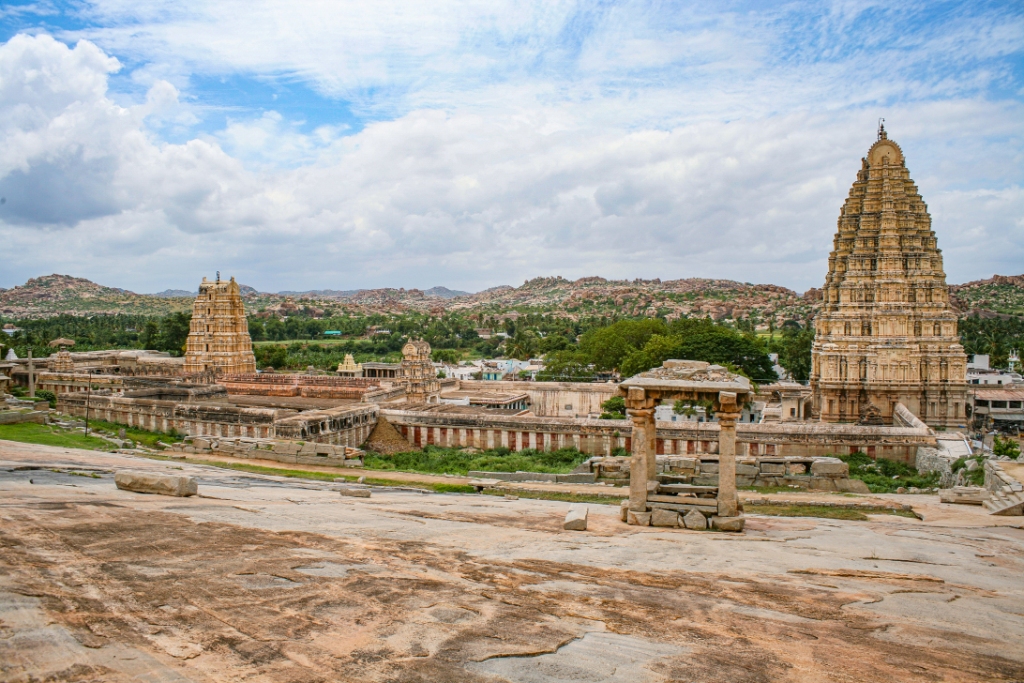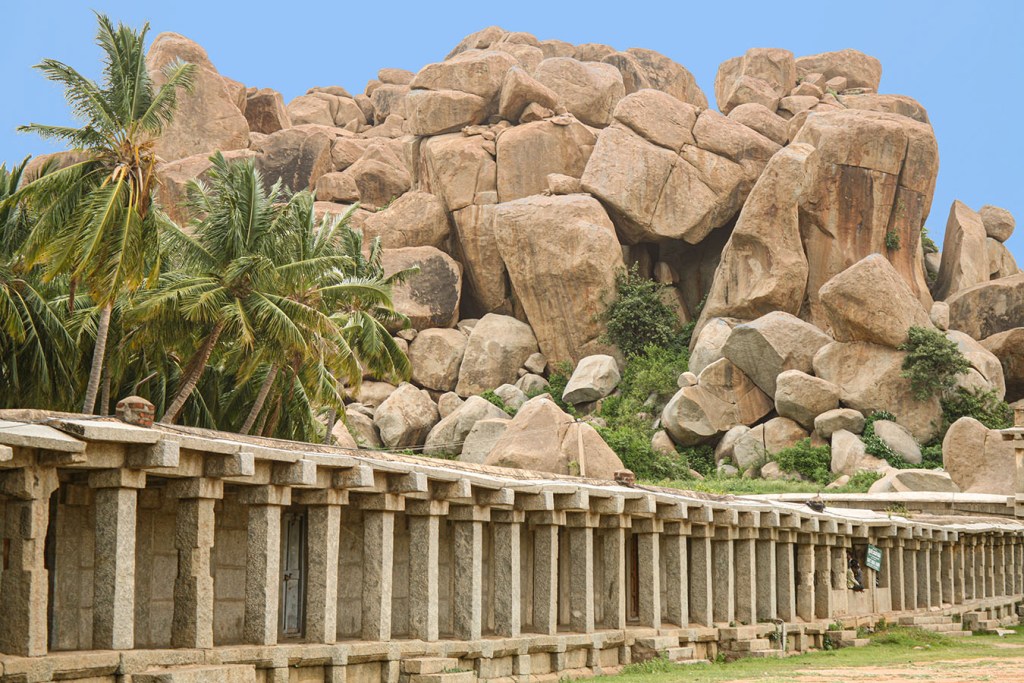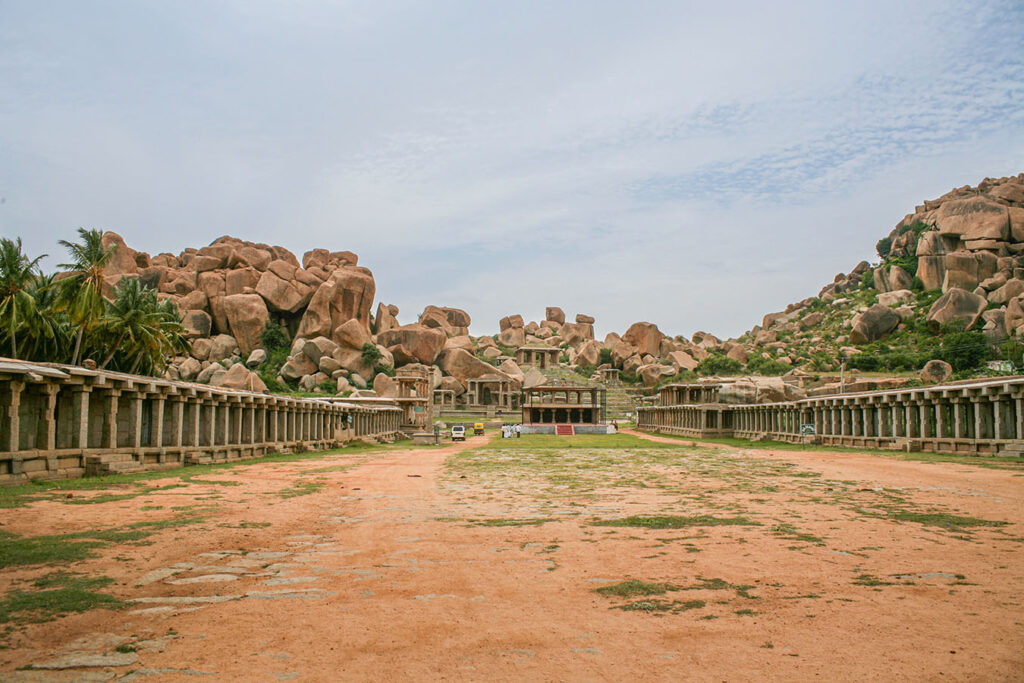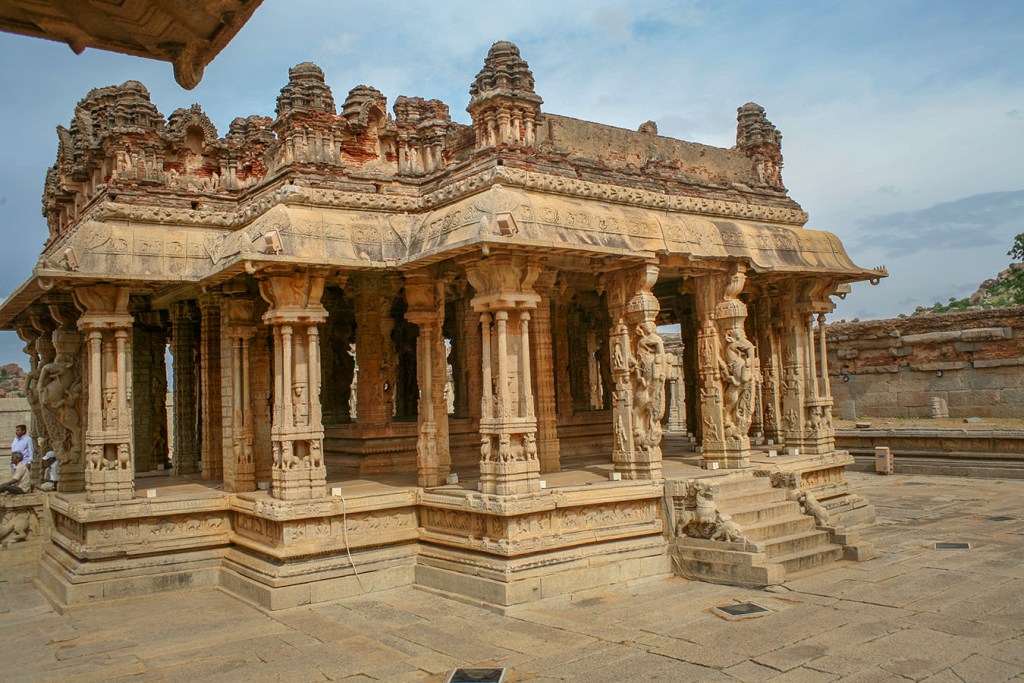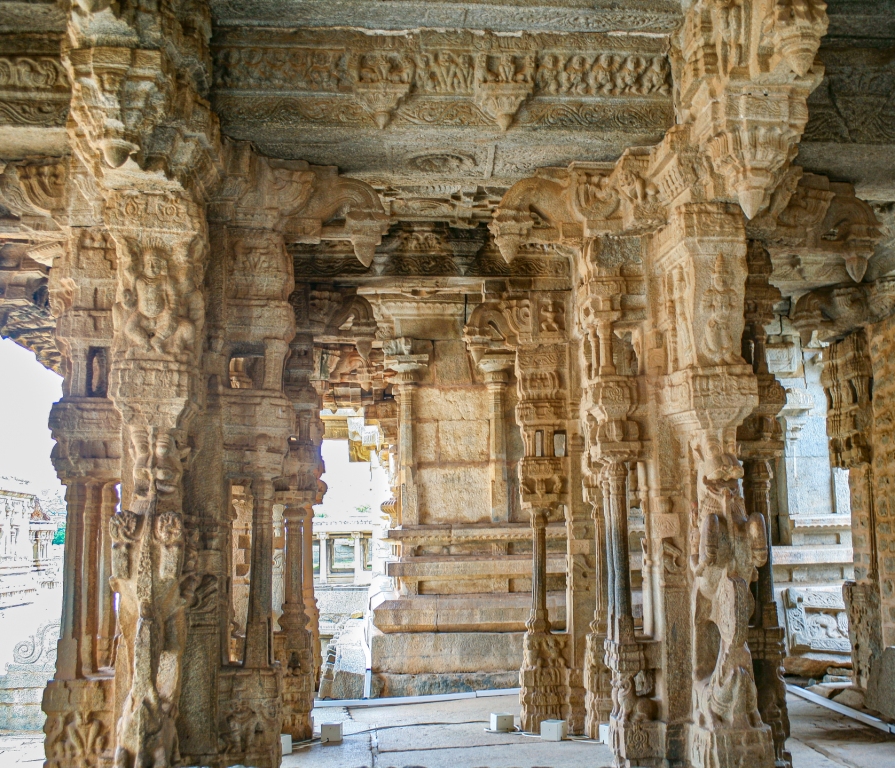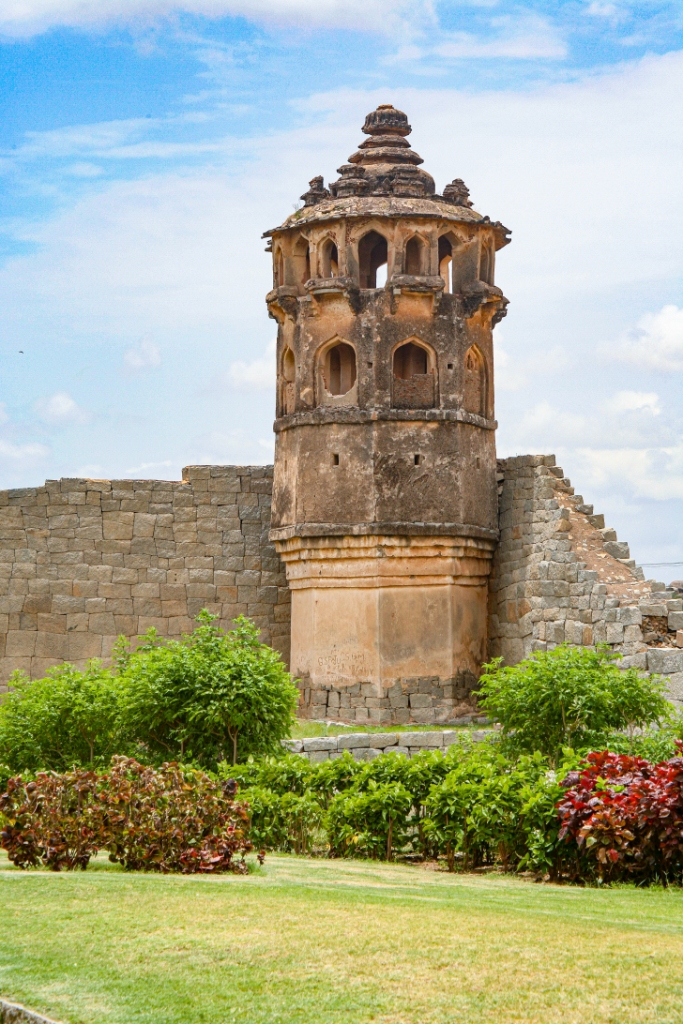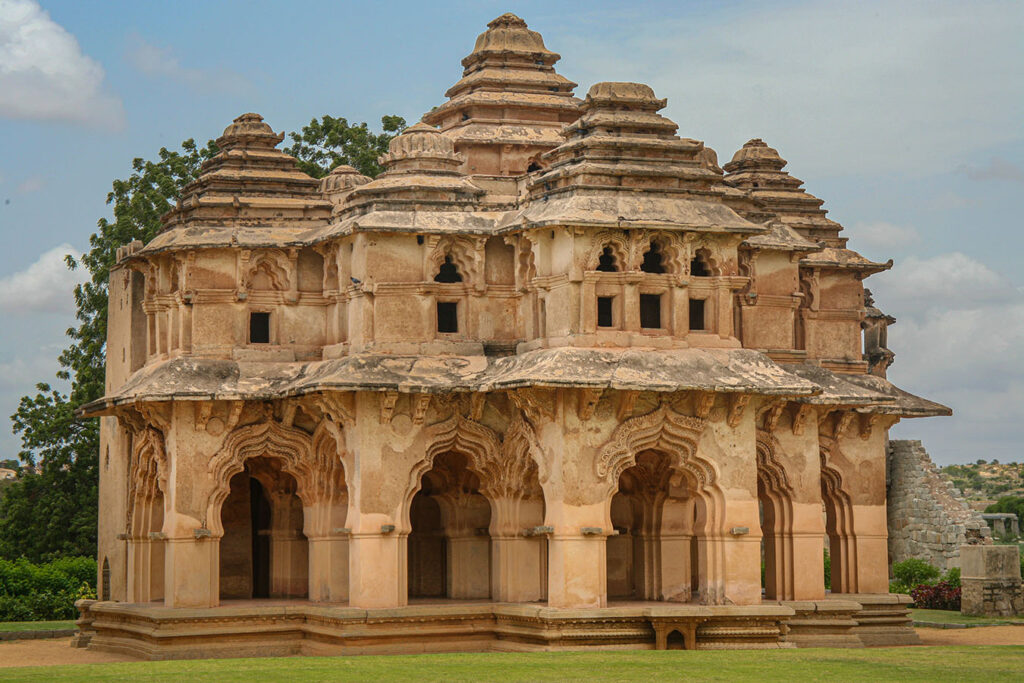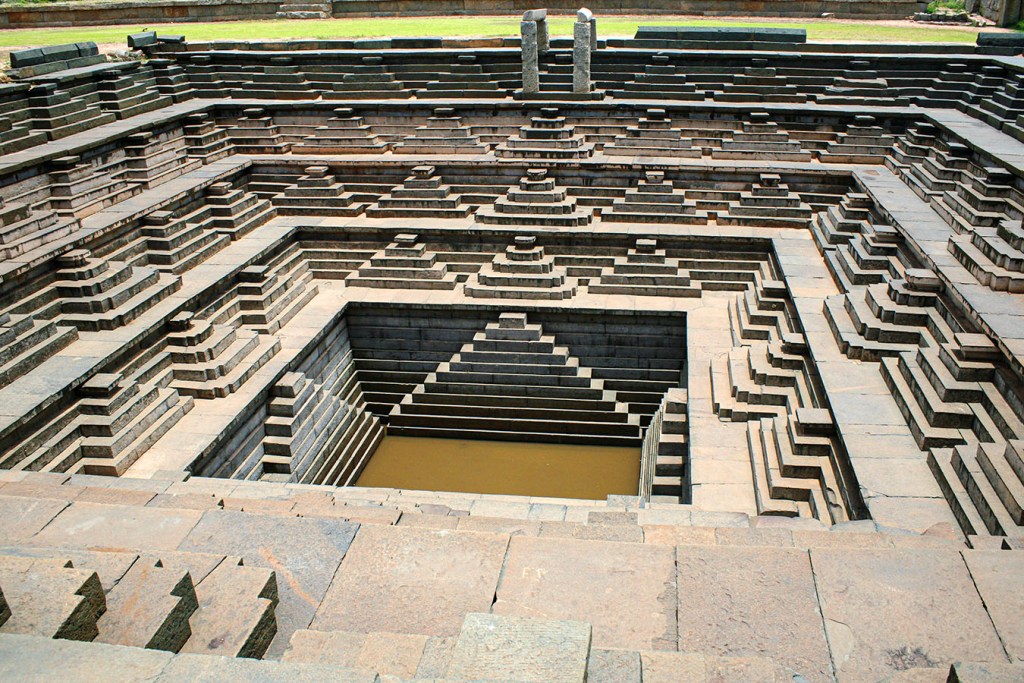In silence there is peace, solitude and happiness…the Lockdown-led standstill gets Urvi Piramal to flashback on a trip to Hampi some 15 years back
The year of Covid brought on an unprecedented standstill for all. In the midst of the lockdown, the streets were empty, vast cities were silent. This silence reminded me of another time in my life when time stood still.
About 15 years ago, a couple of friends and I took The Hampi Express, an overnight train, from Bengaluru to Hospet from where we drove for half an hour to get to Hampi which is a UNESCO World Heritage site.
About 700 years ago, Hampi was the capital of the Vijaynagar Empire, founded by the alleged descendants of the Yadava line. It was a part of the Persianate world which spread from the Balkans to Arakan and lasted from the 9th to 19th century. A Lot of Turks were part of the Vijaynagar Army. You see a lot of Islamic influence in the architecture at Hampi and one realises that unlike the normal thinking of an Islamic North and Hindu South it was an integration of cultures. The ruins of the once prosperous region, where traders from Persia thronged, are spread across 4000 hectares and dotted with temples, ruins, monuments, shrines, forts and rock formations.
Once we settled in at Hampi’s ‘Boulders Resort’, right on the edge of the Tungabhdra River, we decided to explore the area. The first thing we did was to take a ride down the river in a coracle.
Gliding down the river, many rock cut temples, caves, beautiful rock formations and stunning stone carvings flanked us on either side.
This is not a caption, but it has to go alongside the pictures below:
There were big holes in the boulders, which we were told, was the result of erosion when the rainwater in the river rose during the rainy season
One of the main sites to see was the Virupaksha Temple.
This temple is dedicated to Lord Virupaksha, another name for Lord Shiva. This temple has been functioning uninterruptedly ever since its inception in the 7th century AD. That makes it one of the oldest functioning temple in India.
We also visited the marketplace, which is almost overshadowed by the rock formations behind, and once formed a busy and bustling square where traders from many countries would come to trade fruits, vegetables, spices and textiles.
The bustling empire had a well-developed water system with aqueducts that ensured water distribution. Water was also used to cool the rooms in the palaces. Unfortunately, all that remains now is one long bridge like wall of this structure.
Some interesting sites to visit in Hampi are …
The Vithala Temple is a temple dedicated to Lord Vishnu. One of the highlights here are the musical pillars.
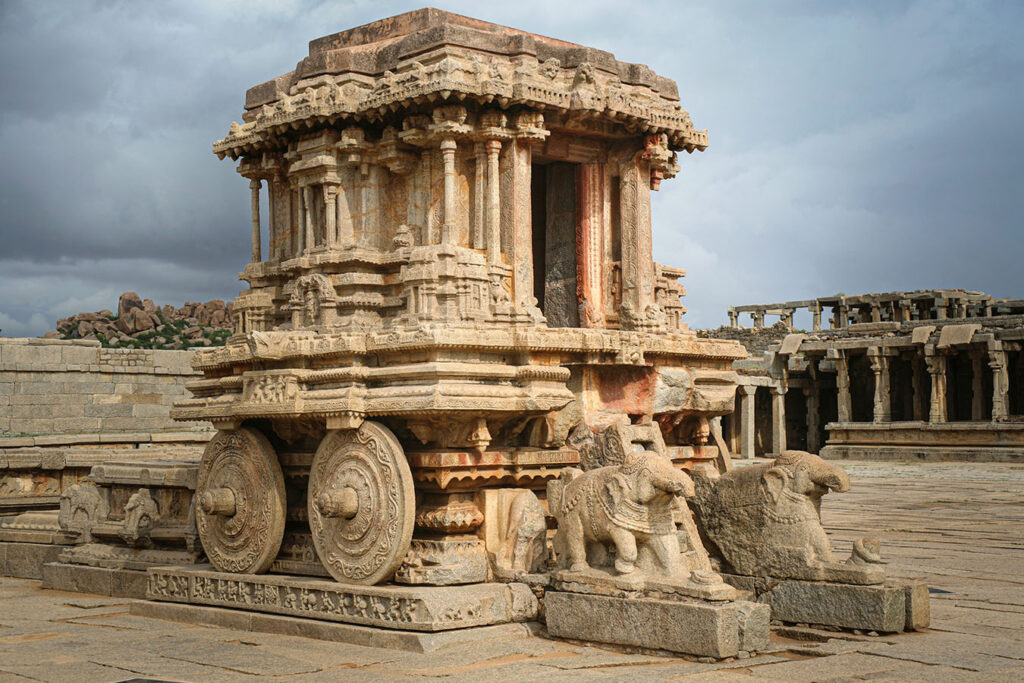
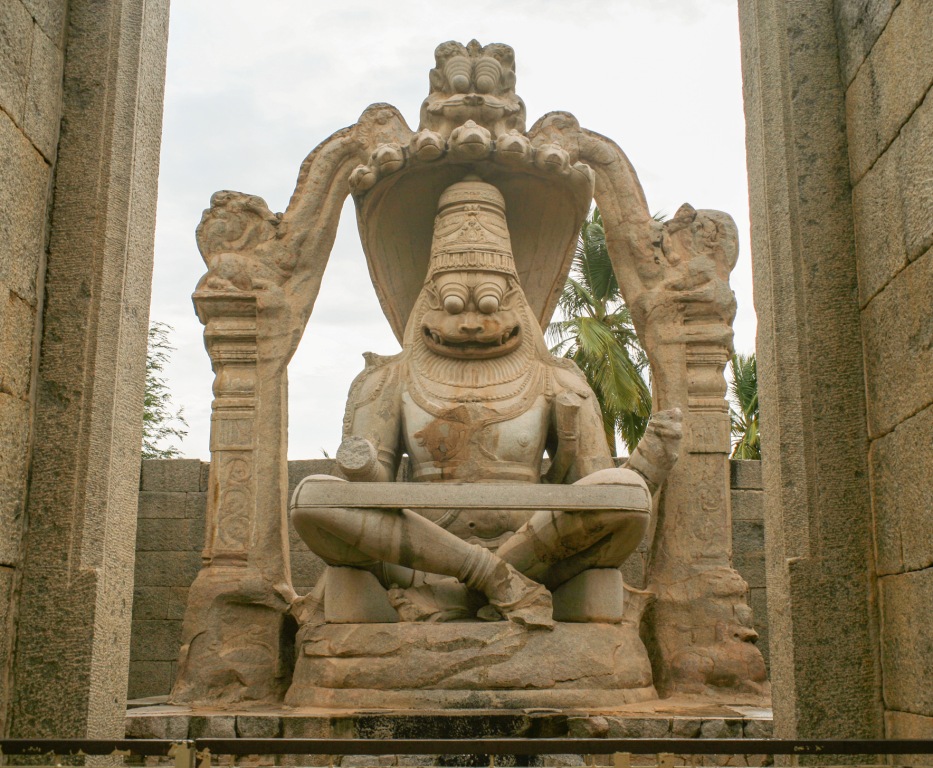
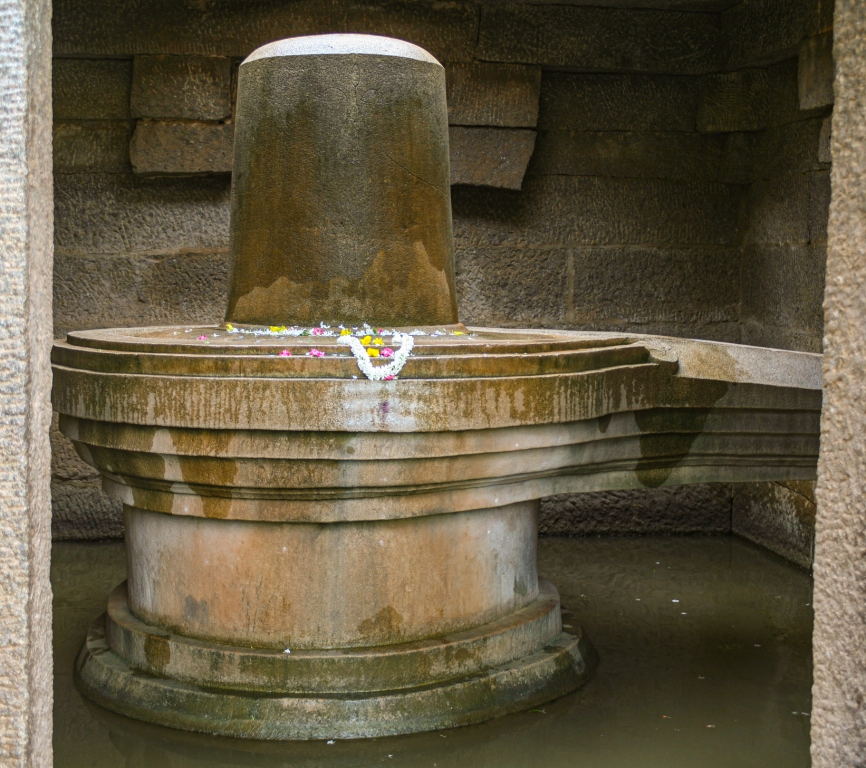
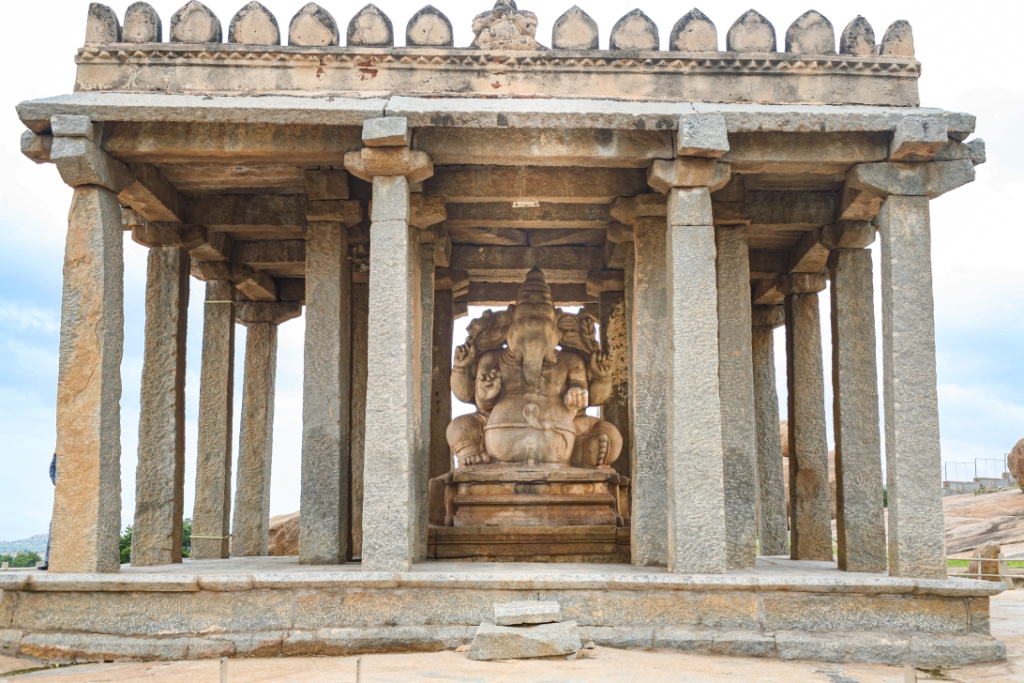
The Empire itself came to an end about 300 years later at the watershed Talikota Battle in the early 16th century.
As the silence of the lockdown is receding, I find myself remembering how time had stood still in Hampi and that in silence there is peace, solitude and happiness to be found.



